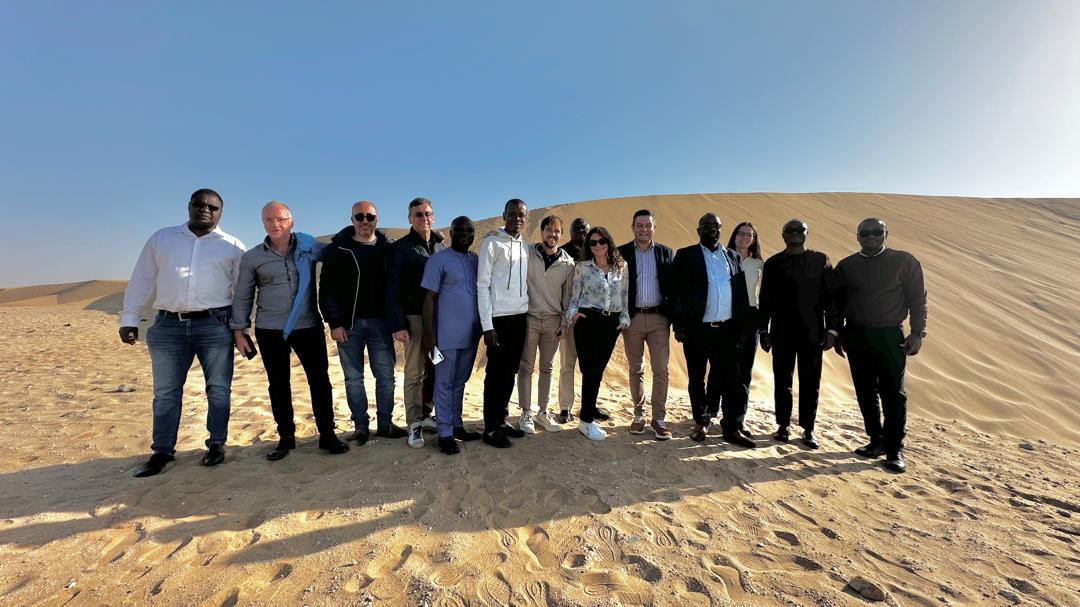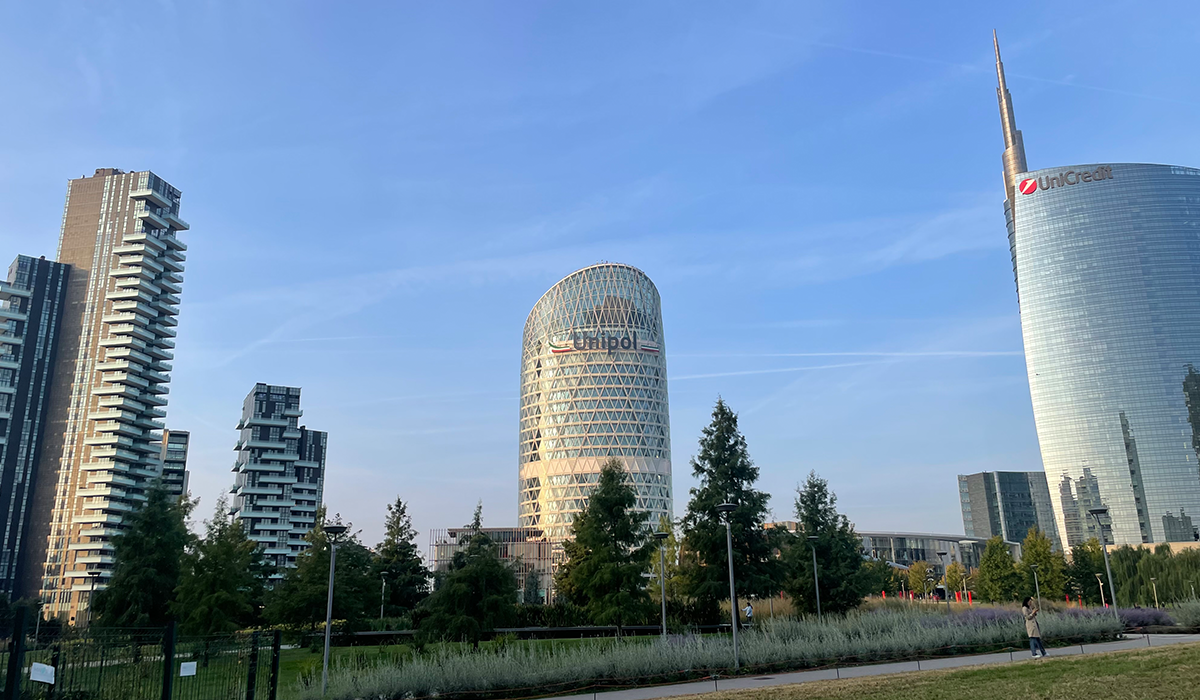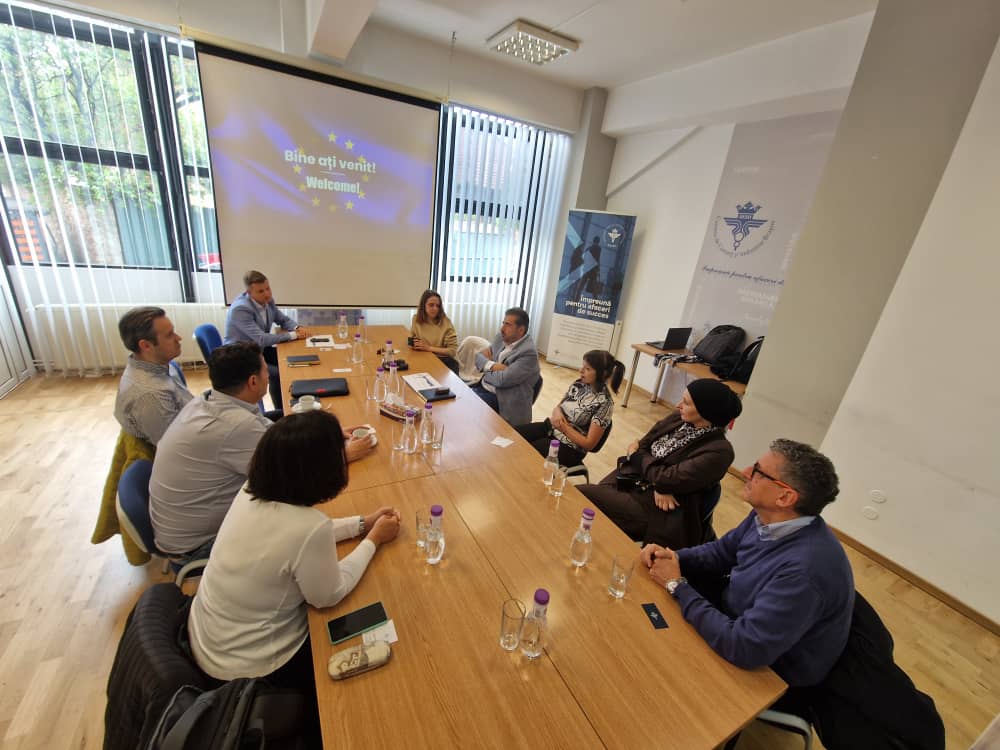AREA, as the coordinator of the CircuWasteVETAfrica ERASMUS+ project, marked an important milestone last week with two key events held in Swakopmund, Namibia, reinforcing the consortium’s commitment to strengthening circular economy and waste-management skills across Africa.
On 4 November, all CircuWasteVETAfrica partners met in person for the first time after nearly a year of intensive online collaboration. Hosted by Swakopmund Municipality, the meeting provided a critical opportunity to review progress, align on priorities, and prepare for the next implementation steps.
A central focus of the meeting was the upcoming pilot training for students, which will introduce practical modules on circularity, digital innovation, waste management, and micro-entrepreneurship. These courses will be delivered through SmartStep, AREA’s e-learning platform, ensuring access to high-quality training across participating countries.
Partners also worked together to define the project’s pathways to impact, emphasising youth employability, strengthened capacities of TVET institutions, and deeper engagement with local industry and municipalities.
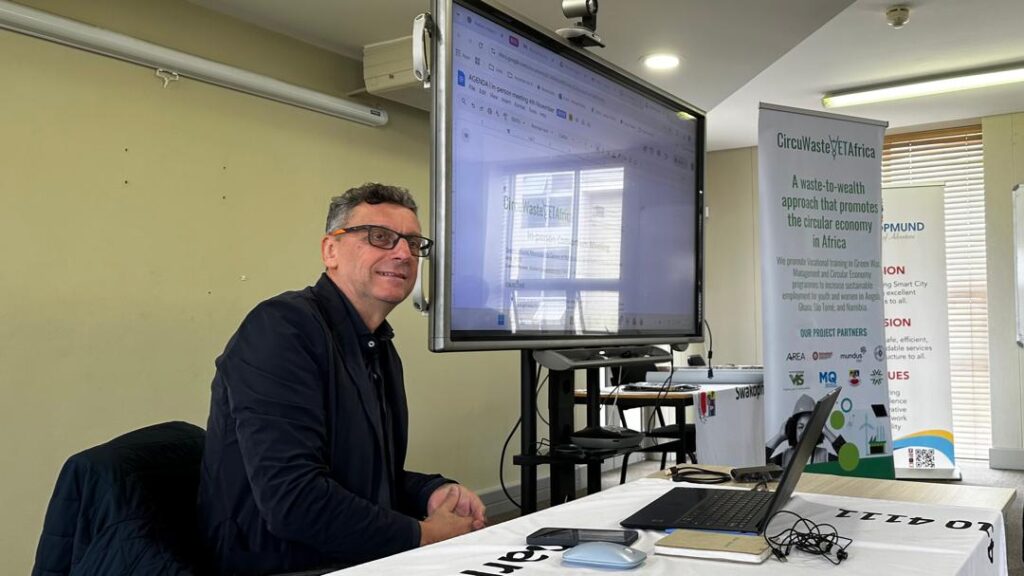
Stakeholders’ Workshop Underscores the Urgent Need for Skills Alignment
On 5 November, the partners hosted the CircuWasteVETAfrica Stakeholders’ Workshop at the Swakopmund Municipality. The workshop gathered representatives from government, industry, vocational training institutions, and civil society to reflect on how vocational education and training can support Africa’s transition to a circular economy.
Stakeholders highlighted persistent challenges such as skills mismatches, limited inclusion of informal waste collectors, and low recognition of waste-related professions. These were balanced by inspiring examples of community innovation and municipal efforts to strengthen waste-management systems.
Crucially, the workshop demonstrated strong and growing interest in circular-economy topics among both institutions and youth. Many young participants expressed a clear understanding that waste is a resource, and that circular practices can open pathways to new livelihoods and community-level innovation.
Adriano Mauro, Managing Director of AREA and Coordinator CircuWasteVETAfrica, interviewed by Erongo Talk TV, reflected on the significance of the week’s exchanges:
“What we have witnessed over these days is a growing enthusiasm—from institutions, industry, and especially from young people—for waste and the circular economy. There is a rising awareness that waste is not just a challenge but a resource. In Africa, natural resources are often managed by governments or large corporations with significant investments behind them. Waste, instead, is a distributed resource: it exists everywhere, and it can generate wealth at a small scale, empowering communities and creating new livelihoods. As we prepare for the student pilot training, our goal is to turn this awareness into practical skills and real opportunities. AREA is committed to guiding this process and ensuring that the CircuWasteVETAfrica project delivers tangible, lasting impact.”
The combination of the partners’ meeting and the stakeholders’ workshop has renewed momentum within the consortium. With preparations underway for student pilot training and closer links forming between TVET institutions, industry, and municipalities, CircuWasteVETAfrica is entering a decisive stage—one that promises meaningful and sustainable impact across Angola, Namibia, Ghana and Sao Tome.
